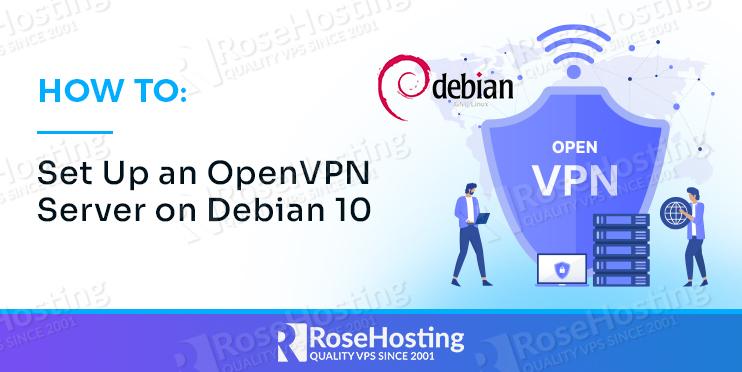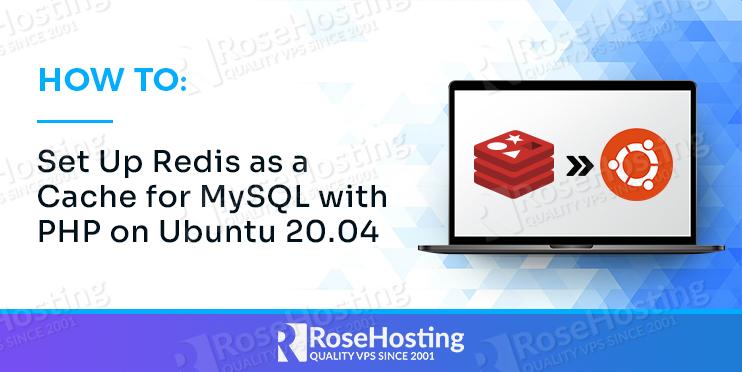
High availability and performance are the key aspects when choosing the web hosting provider. If you have a heavy website, there are a lot of processing like importing, exporting, calculations, etc. As a result, chances to max out the CPU and disk are the mortal enemy of real-time transactions. Your website visitors also demand a fast loading time, and if you are unable to resolve this issue, this leads to loss of interest from your visitors, loss of sales and loss of SEO rank.











